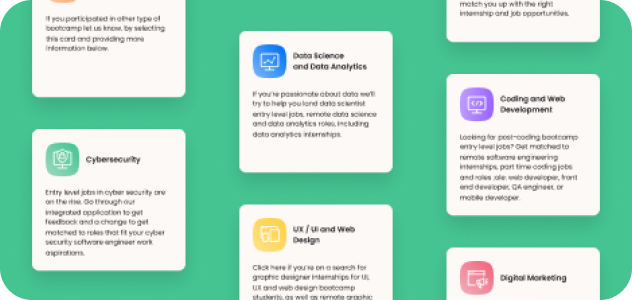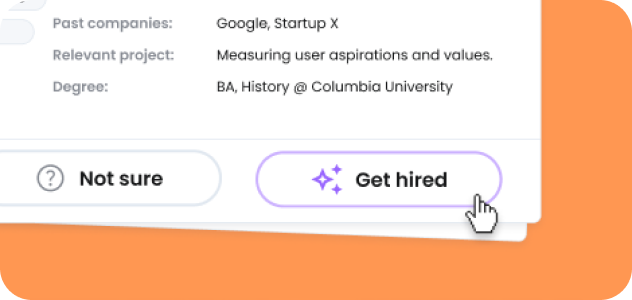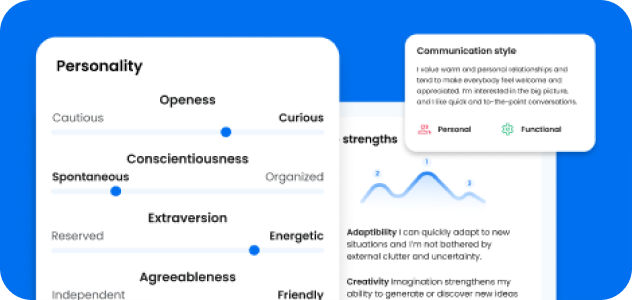Is engineering & construction a good career path? A short guide.
A solid, no bs career guide to career paths. Find job that fits you!
Is Engineering & Construction a Good Career Path? A Short Guide
Engineering and construction are two of the most important industries in the world. They are responsible for building the infrastructure that we rely on every day, from roads and bridges to buildings and airports. If you are considering a career in engineering and construction, you may be wondering if it is a good career path. In this short guide, we will explore the pros and cons of this career path, the types of jobs available, how to start a career, and the fastest-growing jobs in the industry.
Types of Jobs in Engineering & Construction
There are many different types of jobs available in engineering and construction. Some of the most common jobs include civil engineers, architects, construction managers, project managers, and surveyors. Civil engineers are responsible for designing and building infrastructure projects, while architects design buildings and other structures. Construction managers oversee the construction process, and project managers are responsible for managing the entire project from start to finish. Surveyors measure and map the land to ensure that construction projects are built in the right location.
How Best to Start a Career in Engineering & Construction?
If you are interested in starting a career in engineering and construction, there are several steps you can take. First, you should consider getting a degree in a related field, such as civil engineering, architecture, or construction management. You can also gain experience by working as an intern or apprentice with a construction company or engineering firm. Networking is also important in this industry, so attending industry events and joining professional organizations can help you make connections and find job opportunities.
What Do Jobs in the US and UK Pay in Engineering & Construction?
The pay for jobs in engineering and construction varies depending on the specific job and location. In the US, the median annual salary for civil engineers is around $87,000, while architects earn around $80,000 per year. Construction managers can earn up to $150,000 per year, and project managers can earn up to $120,000 per year. In the UK, the median annual salary for civil engineers is around £35,000, while architects earn around £32,000 per year. Construction managers can earn up to £70,000 per year, and project managers can earn up to £60,000 per year.
What Are the Downsides of a Career in Engineering & Construction?
While there are many benefits to a career in engineering and construction, there are also some downsides to consider. One of the biggest downsides is the physical demands of the job. Many jobs in this industry require long hours of standing or working in uncomfortable positions. There is also a risk of injury, especially for those working on construction sites. Additionally, the industry can be cyclical, with periods of high demand followed by periods of low demand. This can make it difficult to find consistent work.
What Are the Fastest Growing Jobs in Engineering & Construction?
Despite the potential downsides, there are many opportunities for growth in the engineering and construction industry. Some of the fastest-growing jobs in the industry include environmental engineers, who are responsible for designing and implementing solutions to environmental problems, and construction estimators, who are responsible for estimating the cost of construction projects. Other growing jobs include BIM managers, who use technology to manage construction projects, and sustainability specialists, who focus on making construction projects more environmentally friendly.
Your Fit for this job
Discover whether you’re a fit for this and other roles by taking our quick career discovery assessments

Salary data
A major reason why job markets are dysfunctional and inefficient is because of the lack of salary transparency in job postings. Knowing salary expectations on the candidate side and the salaries behind job postings would significantly cut down labor market and recruitment friction. That’s why we set out to gather - both based on user generated data and external data sources - the largest salary dataset on remote and hybrid jobs.
Check out our remote job board
Free Personality tests
All of the following assessment tools explore an individual's personality thoroughly, although the Big5 is the gold standard among personality assessments. And what’s key is that are all available for free here:


